Common Uses: Acid reflux, heartburn, GERD, indigestion
Alginic acid is a naturally occurring polysaccharide derived from brown algae that has a unique mechanism of action to prevent reflux after a meal.
Traditional Use:
Originating from seaweed, Alginic acid has been used for hundreds of years. It was first discovered in the 1800s and is now produced and harvested around the world. The algae traditionally has been used as a food additive, thickener, and anti-inflammatory agent and has also been included in over-the-counter antacids for several decades.
Research Overview:
Alginic acid derivatives, also known as alginates, may treat GERD by protecting gastric mucosa. In the presence of stomach acid, alginates turn into a raft-like gel, forming a mechanical barrier which targets the acid pocket and shields against acid reflux.
A single-center, open, randomized crossover study published in the International Journal of Clinical Practice compared the effectiveness of sodium alginate with common reflux medications (ie., ranitidine and omeprazole) in volunteers aged 18-70 years in the UK. The study showed that sodium alginate had a rapid onset of action and was effective in inhibiting acid exposure and reducing reflux episodes within the first hour of treatment. In addition, the reduction of symptoms was comparable to that achieved with omeprazole and ranitidine. The study suggests that sodium alginate may be a superior treatment option with a rapid onset of action and an excellent alternative to treating gastric reflux.
A double-blind, randomized, crossover-design study published in the Alimentary Pharmacology & Therapeutics journal evaluated the effectiveness of antacids with and without alginates in treating GERD patients. The participants were given the treatment after having a fast food meal. The outcomes revealed that the antacid with alginates was more successful at controlling gastric acid exposure than the antacid alone. These results highlight the effective use of alginic acid for relieving reflux symptoms in GERD patients.
Interesting Fact: Alginic acid can be used as a thickener in soups.
Sources:
Bor, Serhat, et al. “Alginates: From the Ocean to Gastroesophageal Reflux Disease Treatment.” The Turkish Journal of Gastroenterology, vol. 30, no. Suppl 2, Sept. 2019, pp. S109–36. PubMed Central, https://doi.org/10.5152/tjg.2019.19677.
De Ruigh, Annemijn, et al. “Gaviscon Double Action Liquid (Antacid & Alginate) Is More Effective than Antacid in Controlling Postprandial Esophageal Acid Exposure in GERD Patients; a Double-Blind Crossover Study.” Alimentary Pharmacology & Therapeutics, vol. 40, no. 5, Sept. 2014, pp. 531–37. PubMed Central, https://doi.org/10.1111/apt.12857.
Dettmar, P. W., et al. “Rapid Onset of Effect of Sodium Alginate on Gastro-Oesophageal Reflux Compared with Ranitidine and Omeprazole, and Relationship between Symptoms and Reflux Episodes: Rapid Relief of Gastro-Oesophageal Reflux.” International Journal of Clinical Practice, vol. 60, no. 3, Feb. 2006, pp. 275–83. DOI.org (Crossref), https://doi.org/10.1111/j.1368-5031.2006.00800.x.
Leiman, D. A., et al. “Alginate Therapy Is Effective Treatment for GERD Symptoms: A Systematic Review and Meta-Analysis.” Diseases of the Esophagus: Official Journal of the International Society for Diseases of the Esophagus, vol. 30, no. 5, May 2017, pp. 1–9. PubMed, https://doi.org/10.1093/dote/dow020.
“What to Know About Seaweed, Kelp and Other Brown Algae.” ThoughtCo, https://www.thoughtco.com/brown-algae-phaeophyta-2291972. Accessed 3 Jan. 2023.

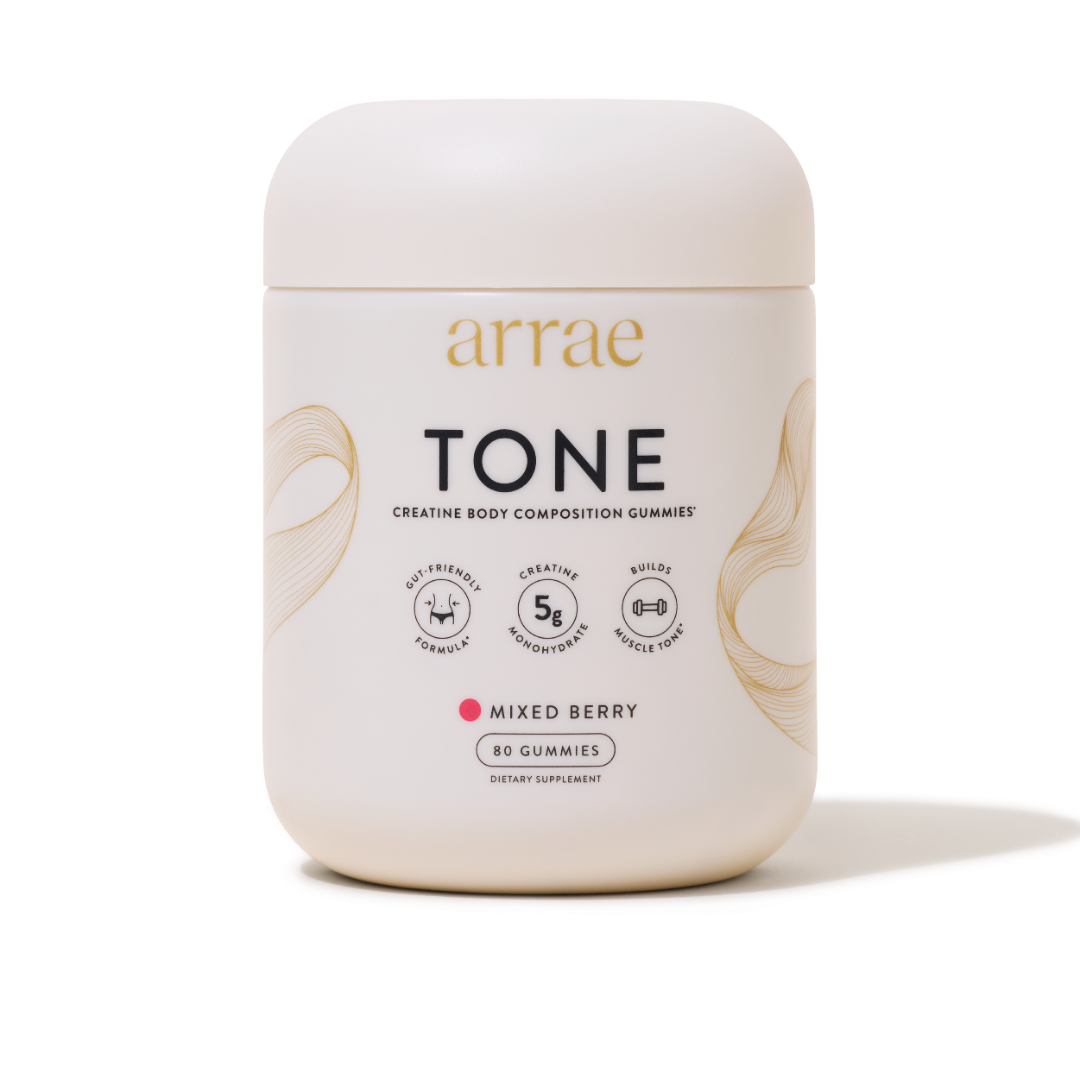
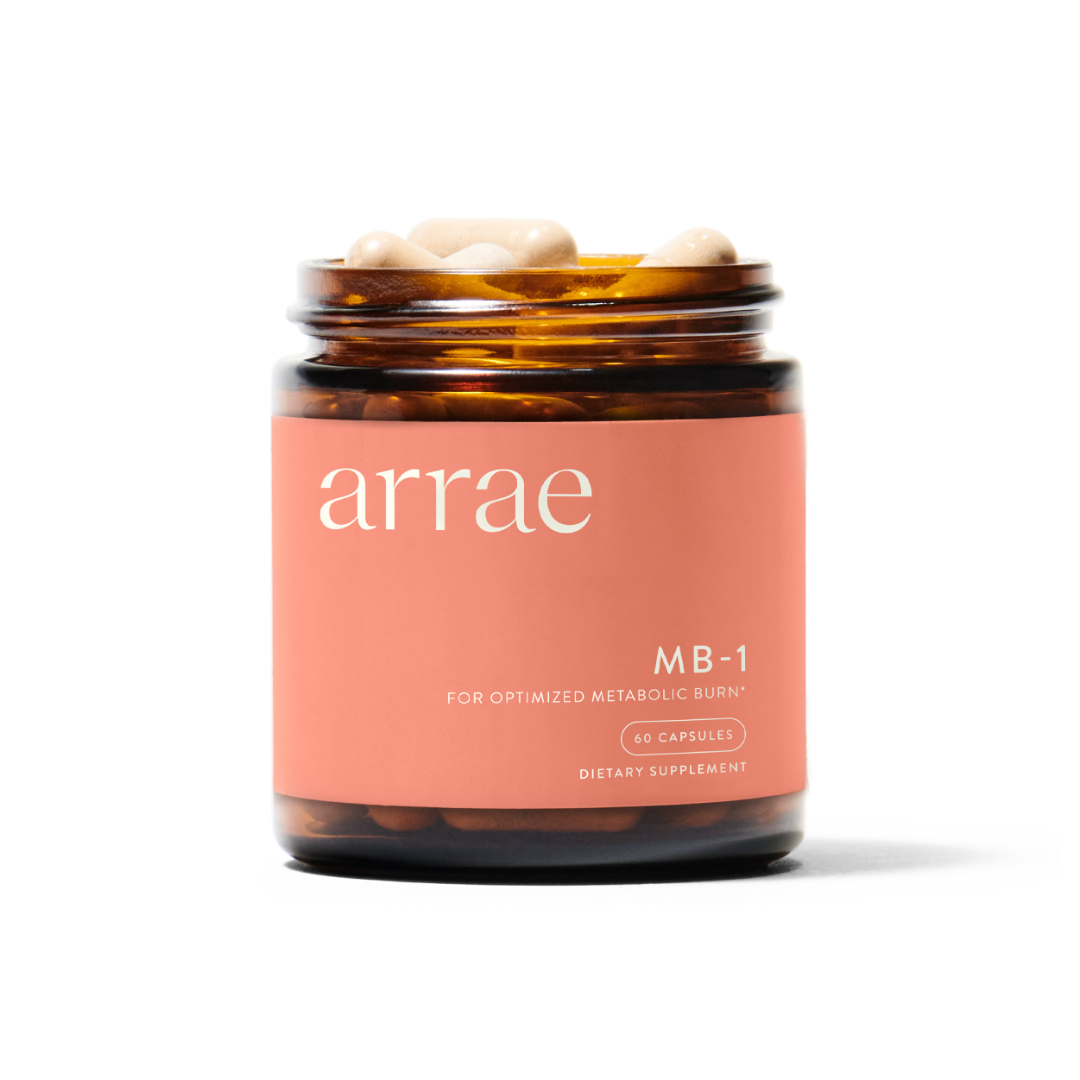
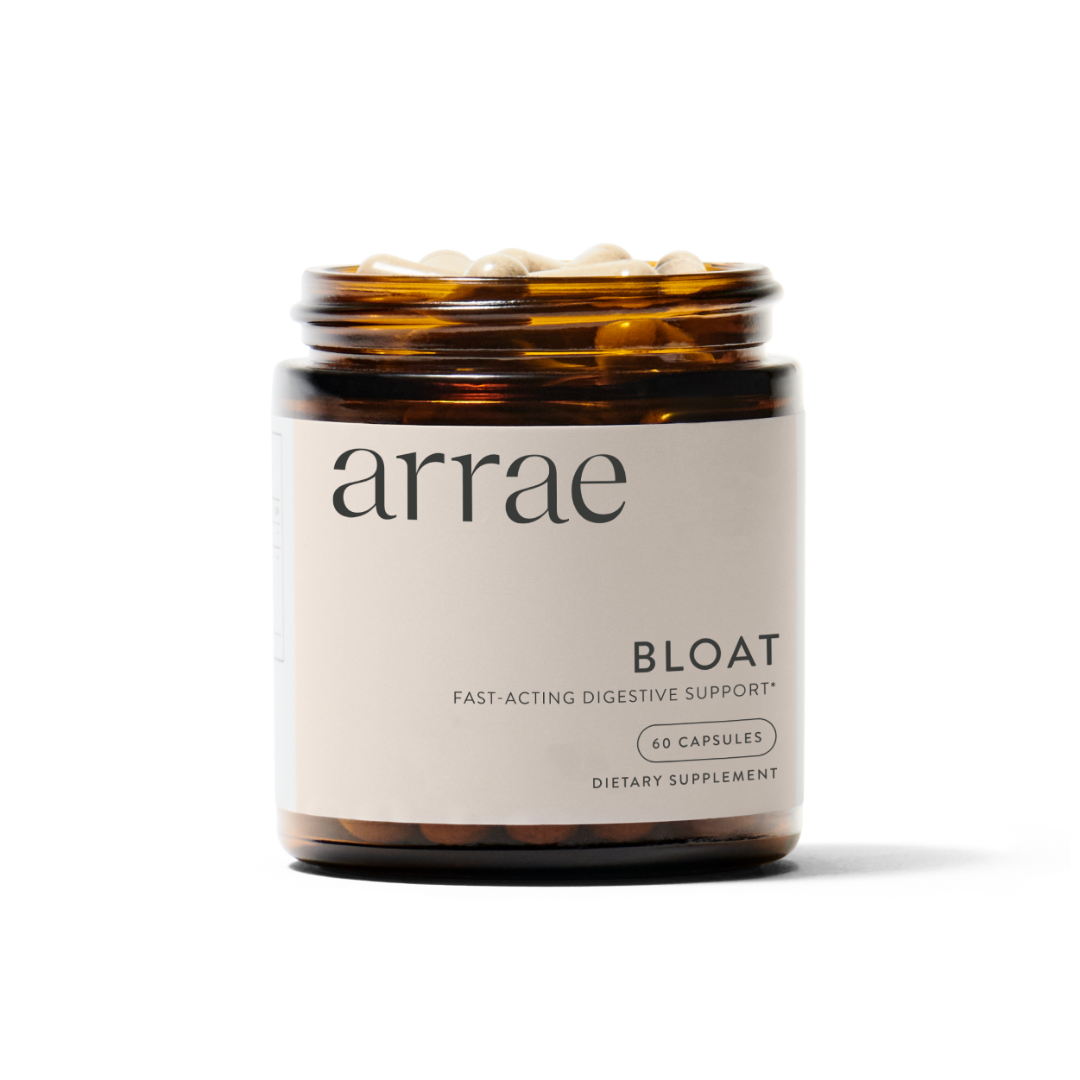
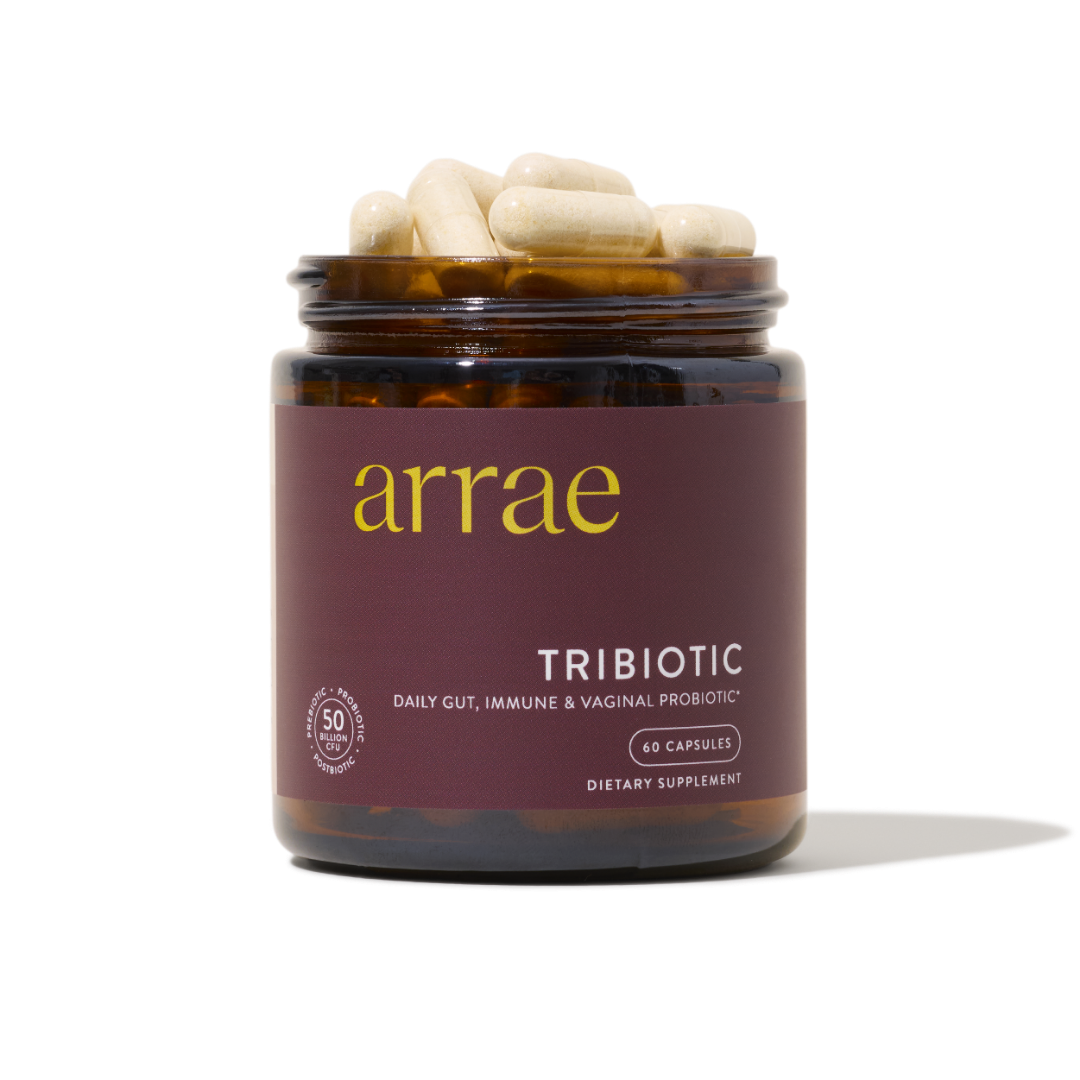


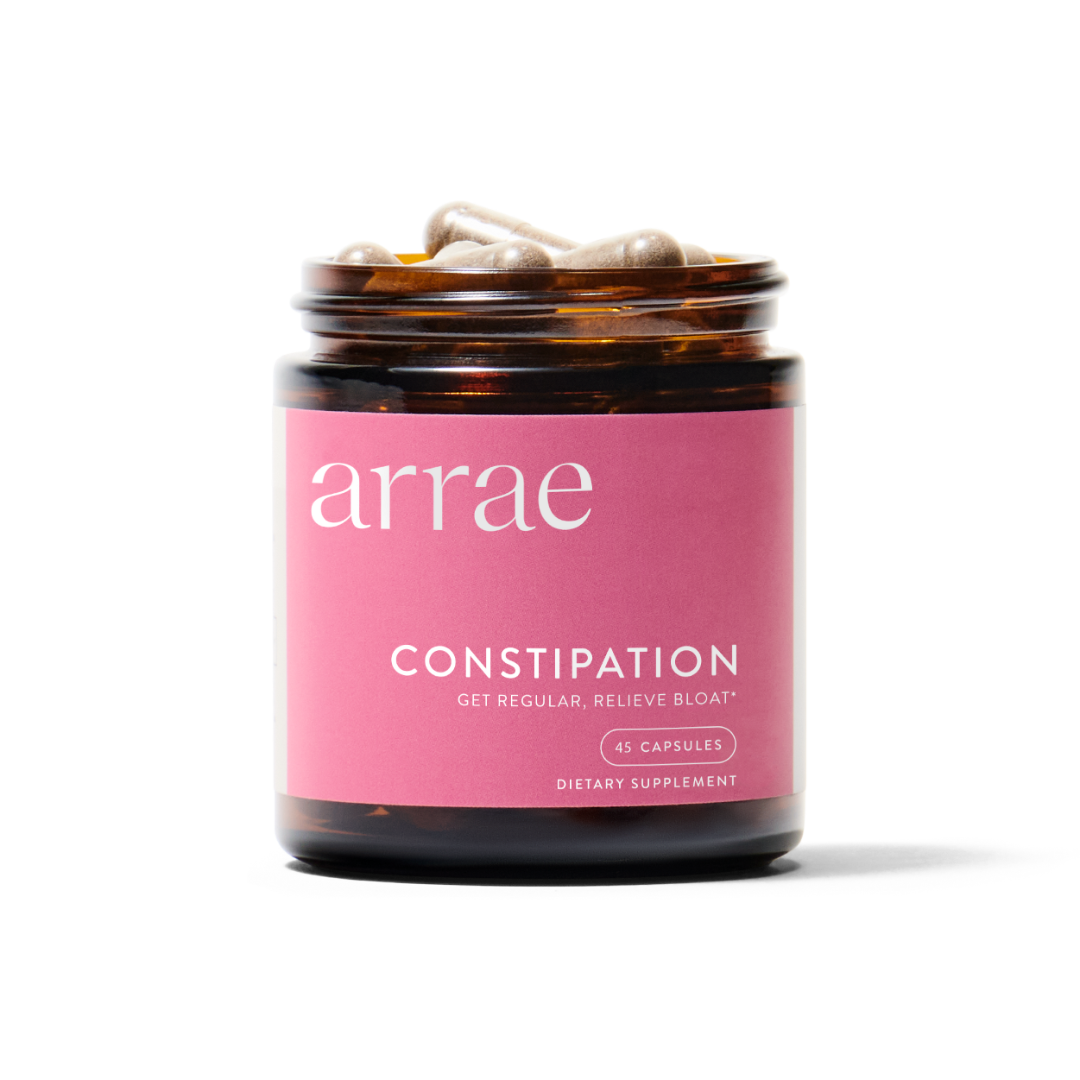
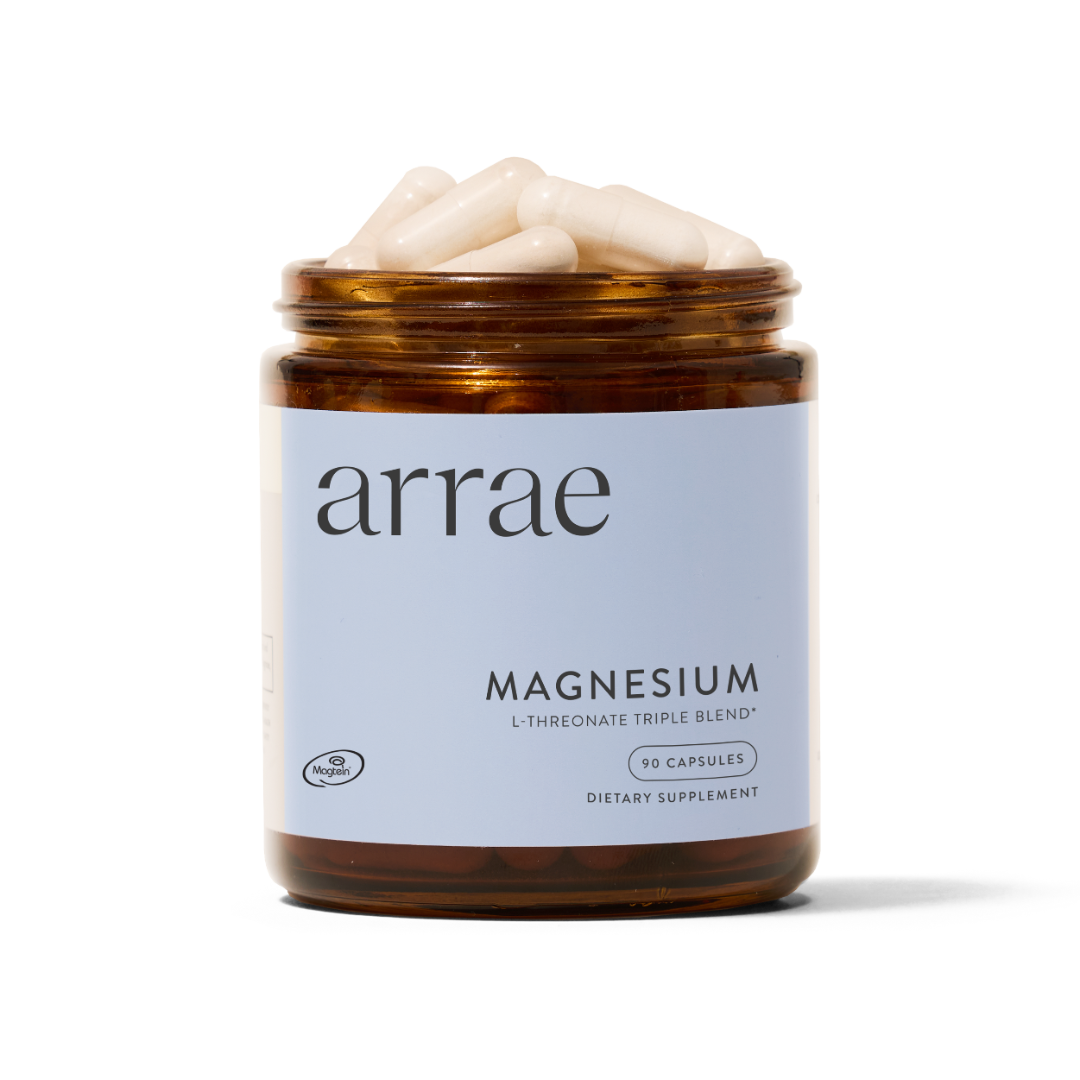
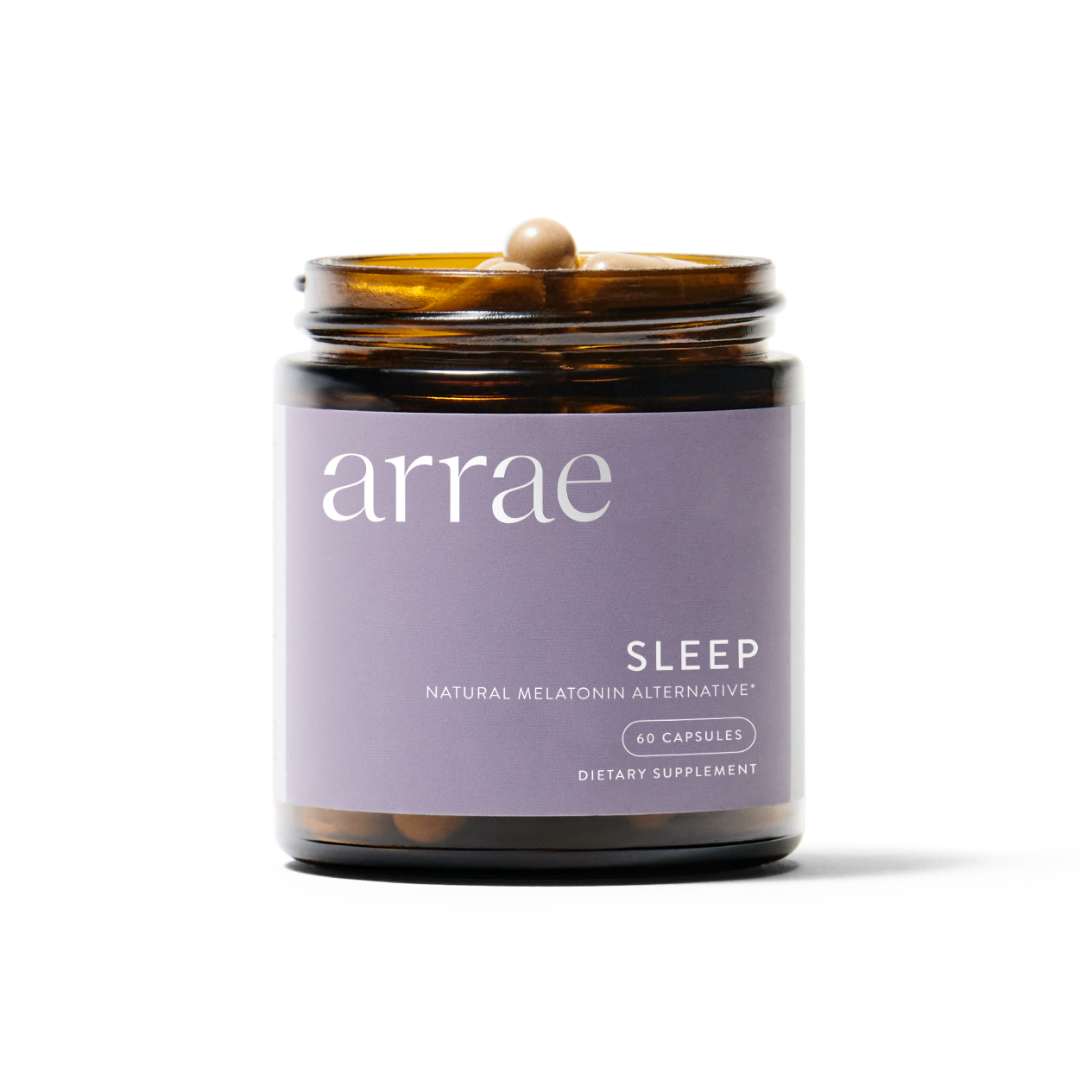
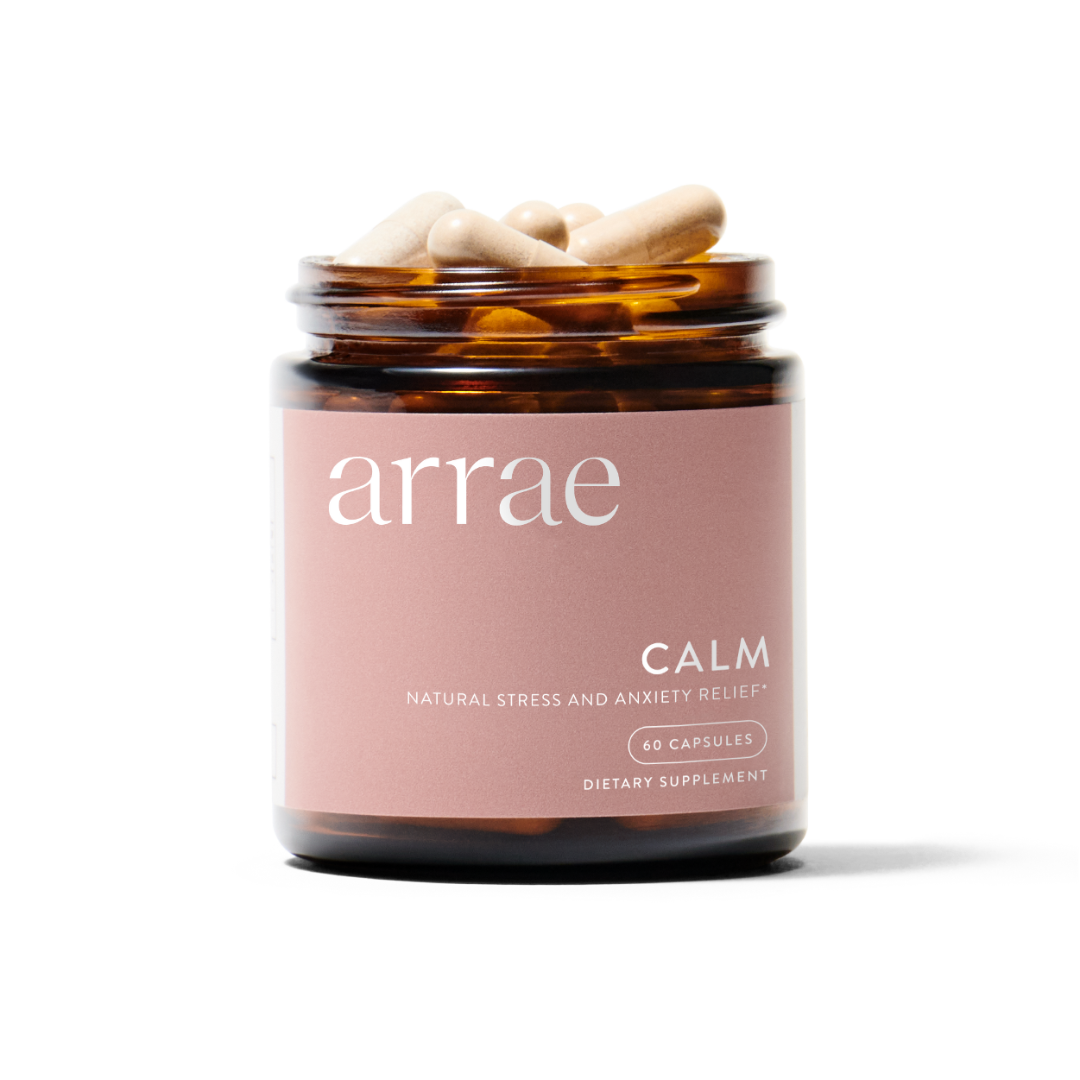


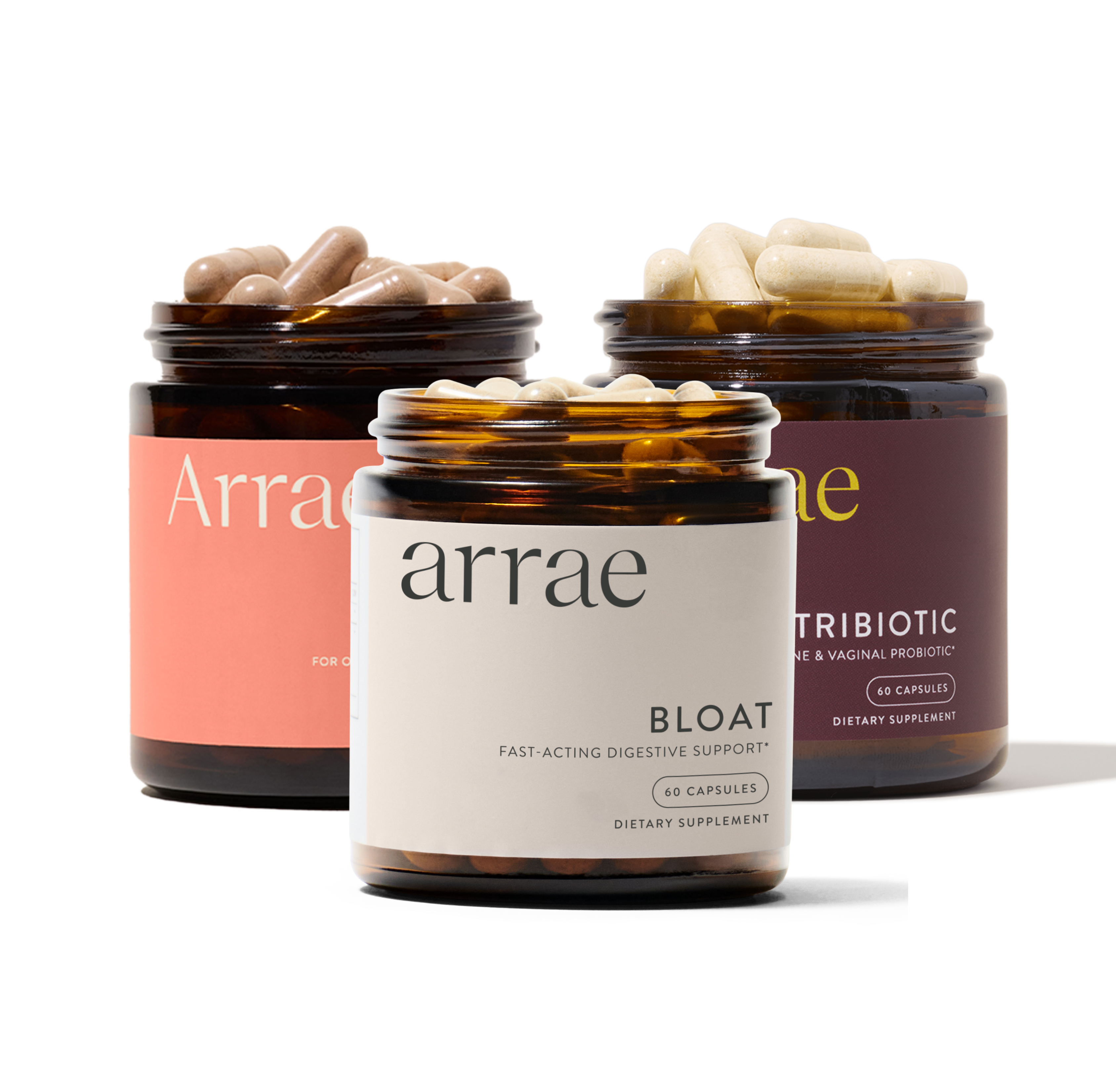
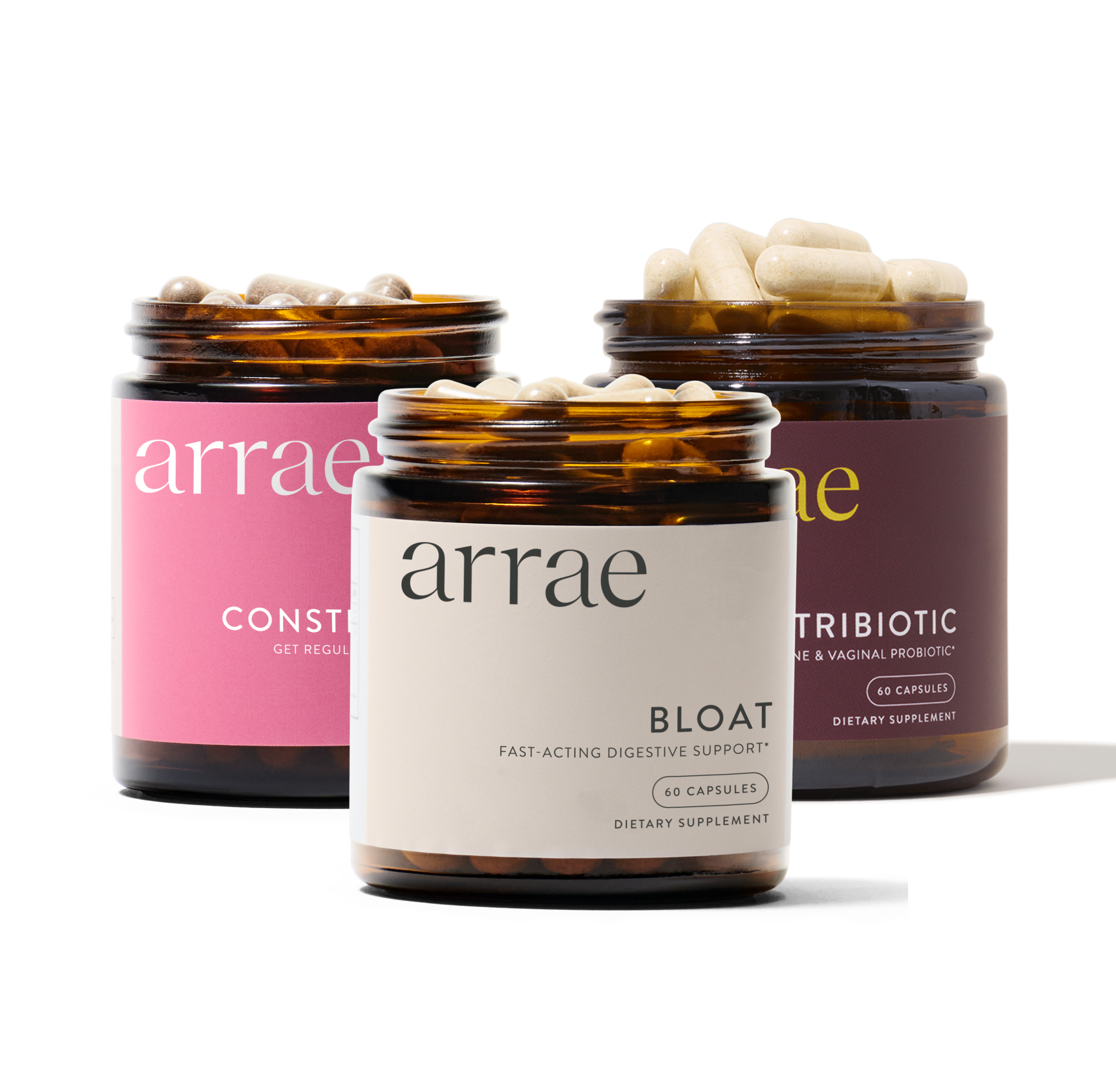









 Instagram
Instagram TikTok
TikTok Youtube
Youtube Facebook
Facebook Email
Email